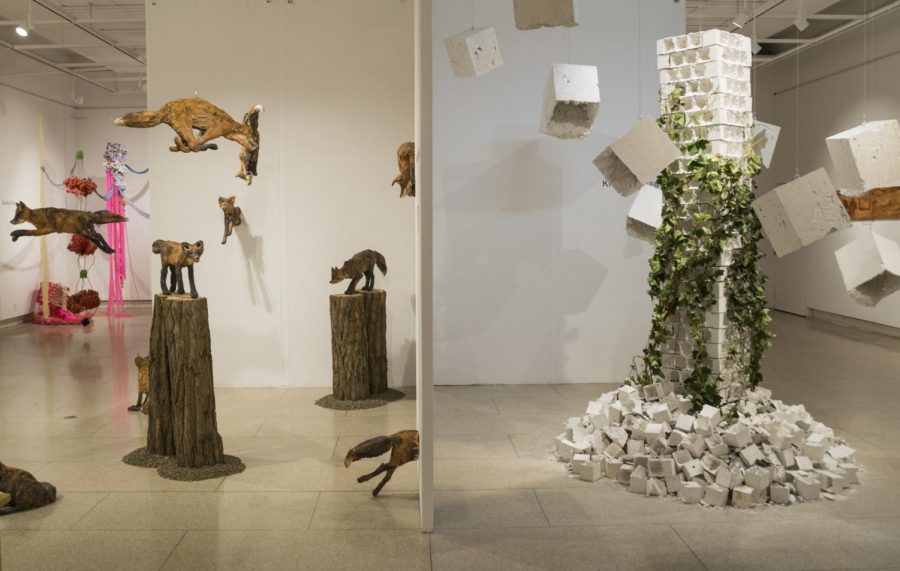If you don’t already have an obsession with words, you might wonder why Simon Winchester’s “The Professor and the Madman” was even written. But this historical account of the making of the Oxford English Dictionary (OED) is more exciting than non-English majors would think.
We’ve all heard of it, we’ve all used it, but how many of us have ever stopped to consider how difficult it would be to collect every word in the English language into one book? “The Professor and the Madman” tells the story of Professor James Murray, the leader of one of the most difficult projects in literary history, and an American named Dr. W. C. Minor.
During the compilation of the OED, a process that took several years, Minor submitted over 10,000 definitions and proved himself to be a remarkable authority on linguistics. If there was ever a word that gave the OED trouble, they would consult him. Through their shared obsession, Professor Murray and Dr. Minor became close friends, although they had never met. When they finally did, it was revealed that Minor was a lifetime inmate at an asylum for the criminally insane.
Although the story does contain a great deal of bearded old men poring over books, it contains elements of mystery and insanity that sometimes make it fairly exciting. If nothing else, one can appreciate the fact that one of the leading contributors to the OED suffered from hallucinations that Irishmen crawled through the floorboards at night, forced him to swallow poison capsules and flew him around the world. At the same time, it reveals the tragic life of a man tortured by guilt, sexual desires and madness, who found his only purpose in the study of words. The relationship between Professor Murray and Dr. Minor is fascinating and poignant.
While the narrative is often slow, Winchester does a wonderful job telling this story in a way that illustrates both the scholarly and human aspects of this monumental event in literary history. At times, you may find yourself bogged down with descriptions of arduous word-cataloging, but the people themselves are worth reading about. If nothing else, you will never look at a dusty, old OED the same way.





